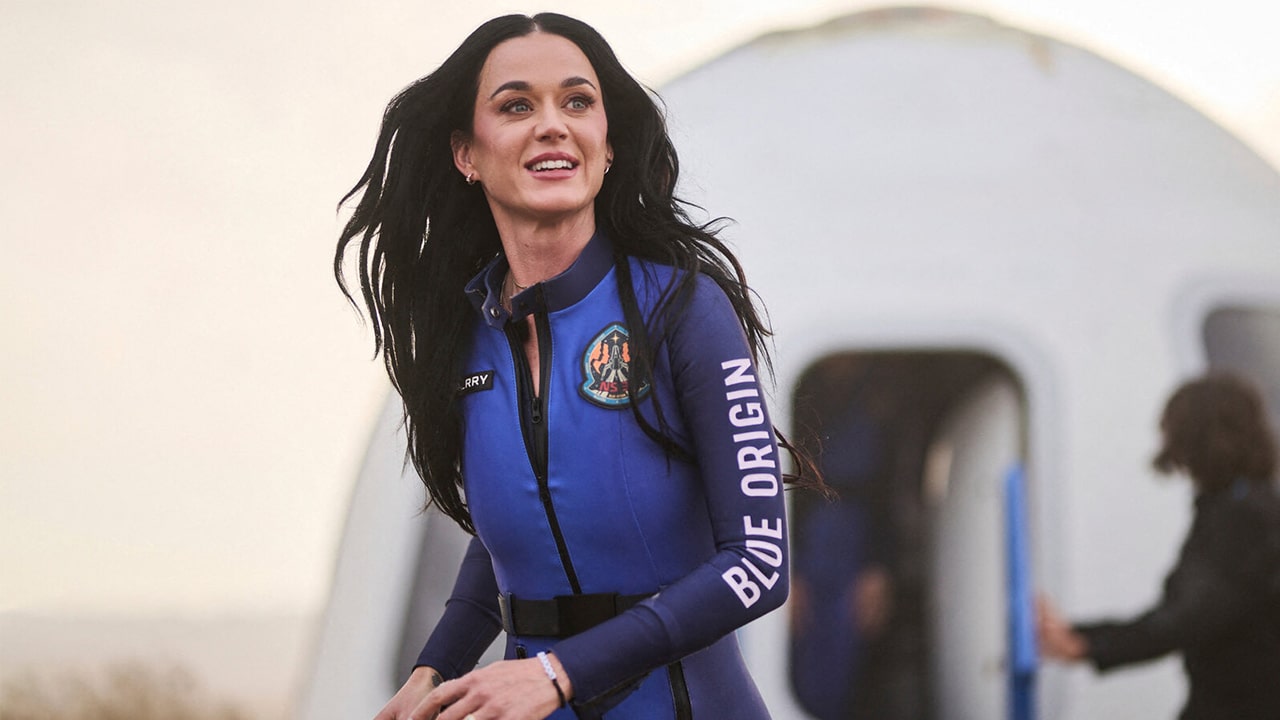In today’s rapid-fire music landscape, where independent artists rise quickly and publicly, mastering the art of handling controversy is essential. Pop superstar Katy Perry provided a vivid lesson in exactly this, drawing intense criticism for her recent 11-minute space trip with Blue Origin. Amid heated backlash over the extravagance, environmental impact, and perceived insensitivity, Whitney Uland—creator of the influential “How to Be Famous” methodology—offered a timely perspective for artists navigating reputations that can shift overnight.

Perry’s brief venture to the stars was envisioned as a powerful statement of female empowerment, yet swiftly unraveled into public outcry. A chorus of critics, including celebrities Olivia Wilde, Olivia Munn, and Emily Ratajkowski, condemned the extravagance as “gluttonous” and symptomatic of troubling times. Wilde notably described it as “end times shit,” capturing a pervasive sentiment that aligned celebrities with the public in rare consensus. But as headlines blared and social media ignited, Whitney Uland offered a distinct counter-narrative: embracing public controversy isn’t just inevitable—it’s essential.
“Controversy doesn’t kill careers—it creates legends.”

Writing to her dedicated followers in this week’s newsletter, Uland observed, “Whether you agree with Katy’s space adventure or not, there’s a valuable lesson here about being willing to fail publicly. Not everyone is going to agree with your choices, and that’s okay.” While public criticism can feel catastrophic, Uland argues that the willingness to risk backlash is precisely what differentiates transient stardom from lasting influence. “This controversy likely won’t affect Perry’s star power long-term,” Uland continues, pointing to the resilience inherent in high-profile careers. “The ability to weather public criticism separates those who build lasting fame from those who buckle under pressure.”
For artists, executives, and industry influencers navigating the unprecedented rise of independently driven talent—Uland’s perspective carries substantial weight. Independent artists today ascend rapidly, often propelled by social media virality and grassroots support. Yet, unlike label-backed superstars with comprehensive PR safety nets, emerging talent must independently manage their reputations in real-time, often under intense scrutiny.

“Controversy is inevitable in the pursuit of visibility, and success hinges not on its avoidance but on its strategic navigation,” shares Whitney.
In her work guiding artists and entrepreneurs, Uland consistently emphasizes that public failure can be reframed as a profound opportunity. “Moments like these,” she notes, “are inevitable when living publicly.” Rather than signaling career demise, controversy can reveal authenticity, humanity, and resilience—qualities audiences deeply resonate with, especially and particularly with independent artists in the current climate where authenticity drives fan loyalty more strongly than traditional marketing. “The best thing you can do is learn from it and move on,” advises Uland, highlighting a critical mindset for independent artists seeking sustained relevance.
Uland’s insights are particularly relevant as traditional star-making mechanisms diminish in influence. Independent artists now directly engage massive audiences online, where every decision, from creative choices to personal lifestyles, can quickly become subject to heated debate. Perry’s current situation underscores the new reality: public backlash is no longer merely a celebrity hazard—it’s a predictable and essential component of today’s fame formula. Uland’s guidance, thus, represents an invaluable resource for both rising stars and established artists alike, helping navigate the complex dance between bold self-expression and audience expectation.

Moreover, Uland’s message highlights another compelling point: criticism from peers and fans alike often amplifies an artist’s cultural impact rather than diminishing it. In Perry’s situation, widespread reactions—including those from influential celebrities—have paradoxically heightened her relevance, sparking crucial conversations about the nature of celebrity privilege and societal expectations. As Uland asserts, controversy ensures an artist remains culturally significant, stimulating dialogues that transcend their immediate actions.
In the rapidly evolving landscape where independent artists increasingly shape mainstream music culture, the ability to boldly face and leverage controversy will become an ever more essential ingredient for long-term success.
The question isn’t whether you’ll face controversy — it’s whether you’ll be brave enough to weather it.






